|
On 24th March, Claire was invited to lead a session at the HELIX EXPO 21, on the Local Procurement Learning Partnership.
I was invited to speak in a personal capacity at the World Humanitarian Forum, as part of the panel on analysing localisation. Claire was invited to present the LPLP at the UN as part of HNPW, alongside George Fenton from the HLA. The presentation was to 80 attendees and was focused on identifying common barriers and challenges to procuring locally.
In February I was invited to present the Local Procurement Learning Partnership (LPLP) to the IAPG on behalf of the HLA. In 2021, I was pleased to receive a grant from the Royal Academy of Engineering and the Lloyds Register to investigate safer complex systems in humanitarian supply chains.
The internationalization of supply chains and networks has brought with it increased complexity, vulnerability and uncertainties. Supply chains during disaster response and in crisis zones are safety-critical, in that any disruption has severe impacts on consistent provision of life-saving aid. The COVID-19 pandemic exposed the vulnerability of these supply chains, and humanitarian organizations globally experienced this as a complex systems failure. This research seeks to understand the ways in which COVID-19 impacted global humanitarian supply chains, through a series of semi-structured interviews to collect and codify the experiences of humanitarian practioners. Through the codifying of anonymized responses, this research will identify 'unsafe' and 'safe' coping mechanisms utilized during complex systems failure (Feb-Oct 2020). This research anticipates finding that engaging with emerging alternatives - such as local manufacturing and diversification of supply chains - mitigates unsafe coping mechanisms ClAnnouncing the launch of the Local Procurement Learning Partnership today, with a big splash. The Local Procurement Learning Partnership (LPLP) is a multi-stakeholder partnership initiative, to improve the timely, relevant and efficient use of local procurement in humanitarian response and resiliency building activities. The Local Procurement Learning Partnership, housed within the Humanitarian Logistics Association, seeks to do this through: capacity building, technical assistance, information sharing and policy advice. Much like the Cash Learning Partnership (CaLP - the Cash Learning Partnership), the Local Procurement Learning Partnership (LPLP) will support organizations and practitioners in enhancing local procurement potential in humanitarian and development contexts around the world; through capacity building, technology enhancers, innovative policy advice and knowledge management. This initiative represents a practical step in the localization agenda - reinvesting capital from the aid industrial complex into local markets and local economies. Click the logo below for more information. Claire was invited to speak on the plenary on Disasters & Development - Market Systems Analysis, alongside four other speakers. During her presentation she spoke about the need for market systems analysis to expand to NFI markets. In the last decade the ability to manufacture or supply items locally or hyper-locally has increased, and modern market-based delivery systems are lagging. Claire also presented the Local Procurement Learning Partnership at this event - a new initiative now housed in the Humanitarian Logistics Association.
Claire Louise Travers presented as part of the breakout plenary 'From TikTok to teletherapy: Connection in the time of COVID-19', giving a talk called Leveraging Tech to make things differently: COVID19 response and a new supply chain. The presentation was of Field Ready's COVID19 response globally, specifically on the ways tech has been used in emergency management and supply chain manipulation Field Ready’s response to COVID-19 was strikingly simple and effective. As supply chains broke down in early 2020 and travel ground to a halt, frontline workers needed PPE and youth unemployment spiraled. Field Ready immediately activated it’s network of FabLabs, makerspaces and communities in approximately 12 countries, to start making needed items locally. Mainly working directly with youths (18-35), Field Ready used digital tech to reach out, skill up and network youths globally in order to rapidly prototype, test and manufacture personal protective equipment (PPE) on a massive scale. Tech played a vital role in this emergency response in four key ways: crowdsourced forums for designs, digital fabrication tools, GIS mapping and remote management and training. Online design forums, such as humanitarianmaking.org were leveraged to crowdsource designs. Digital Fabrication tools enabled Field Ready technicians in Bosnia, Jordan and the UK to collaborate on designs in realtime in order to finalize designs of key PPE items. GIS mapping enabled youths to find spaces with the necessary equipment and networked local manufacturers with communities in need. Remote management and training for makerspaces and FabLabs, allowed them to make items in a safe and standard way. The impact of this initiative is more than the thousands of physical pieces of essential equipment produced. It is a connected, informed community of youths working together across the globe to meet the needs they saw in their communities.
On the 8th May 2020, Claire Louise Travers presented to the CORE Group on the theme of Emergency Preparedness & Response in a Rapidly Changing Global. The subject of the presentation is the Field Ready COVID-19 Response in Bangladesh and Nepal.  Claire Louise Travers presented alongside CEO of Field Ready, Eric James. The presentation is available here.
|
Archives
July 2021
Categories |
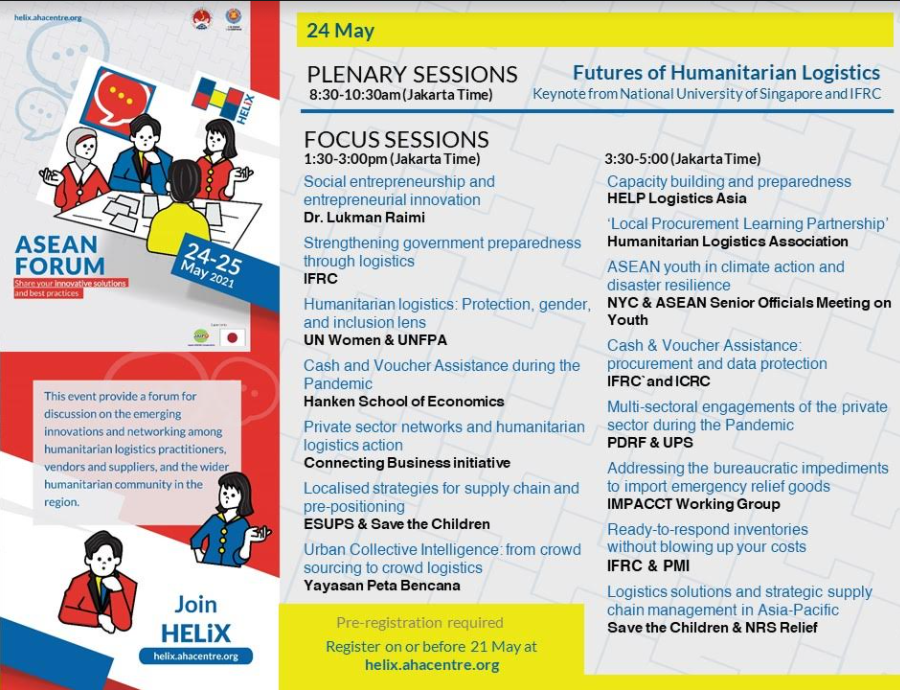
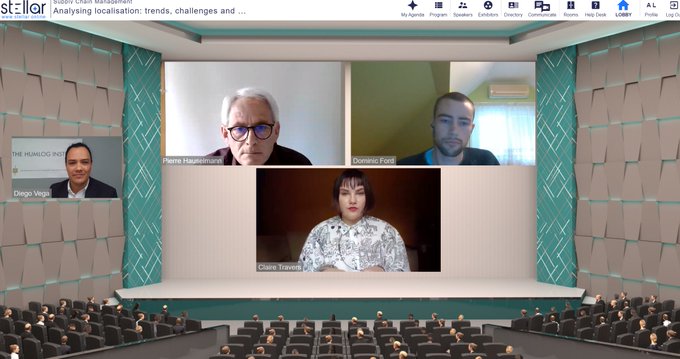
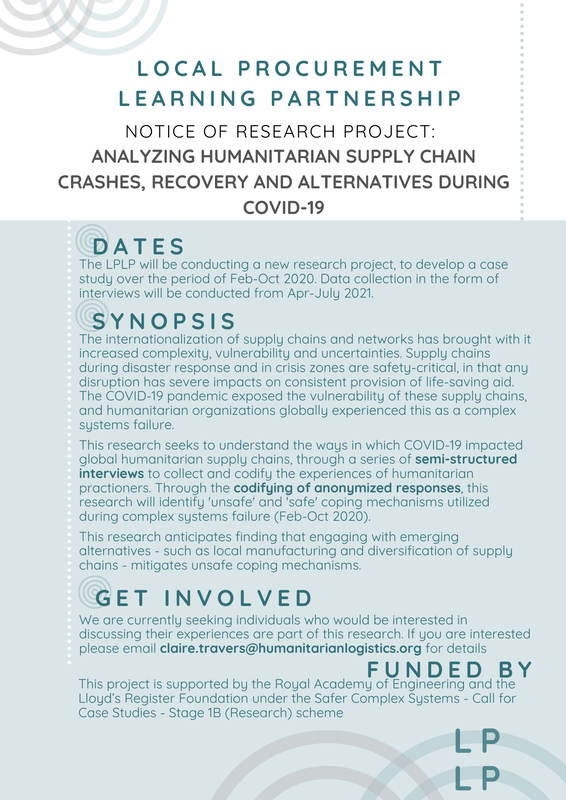
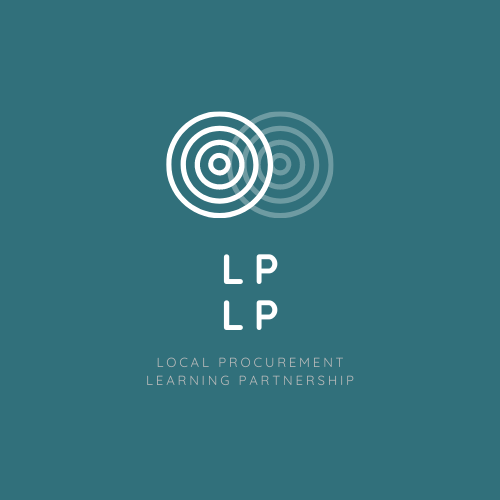
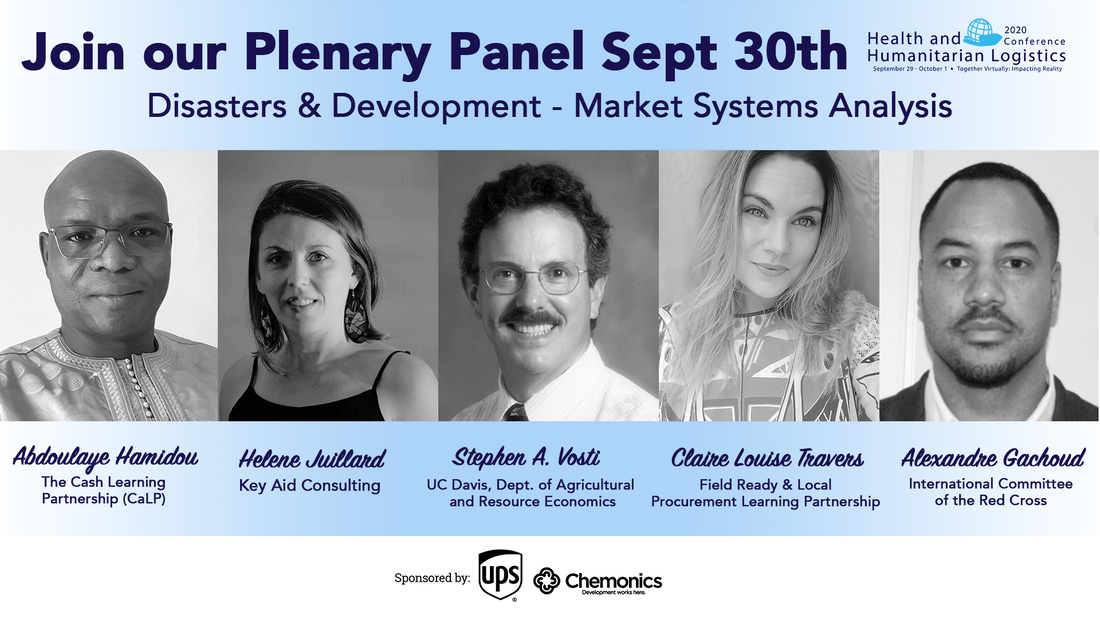
 RSS Feed
RSS Feed
